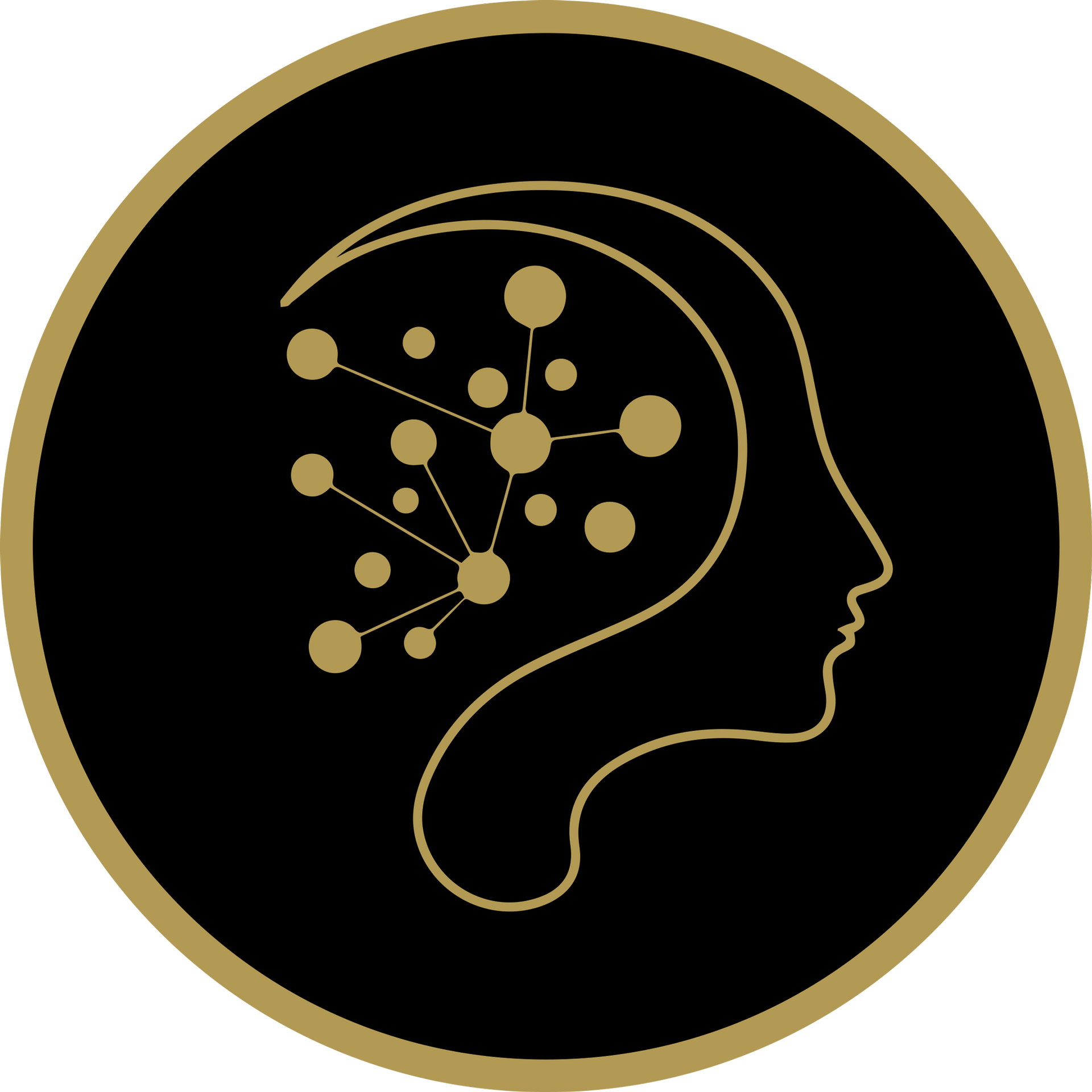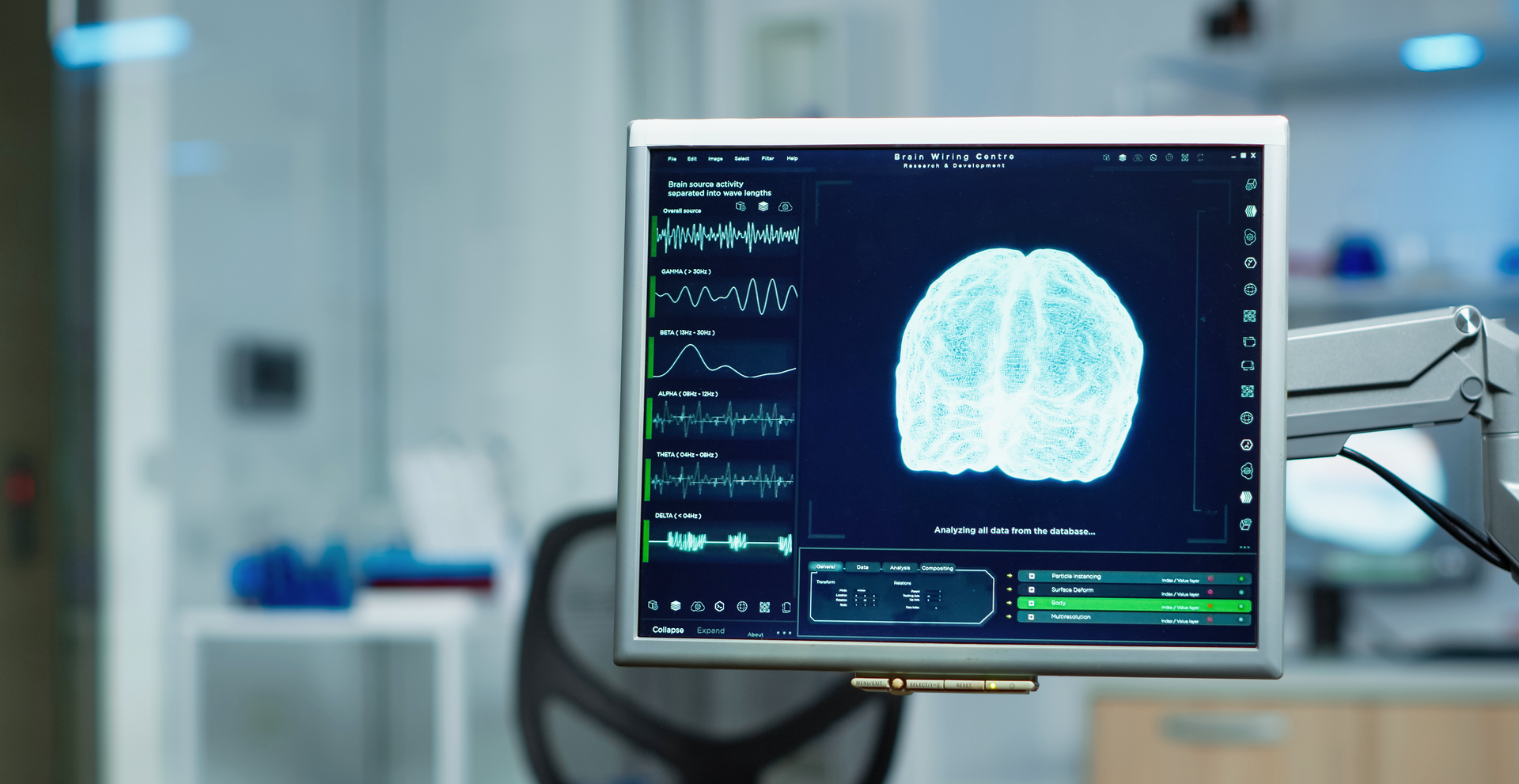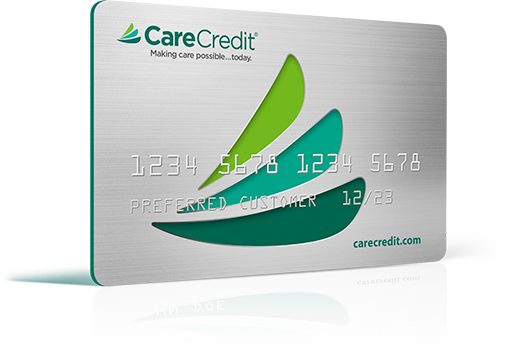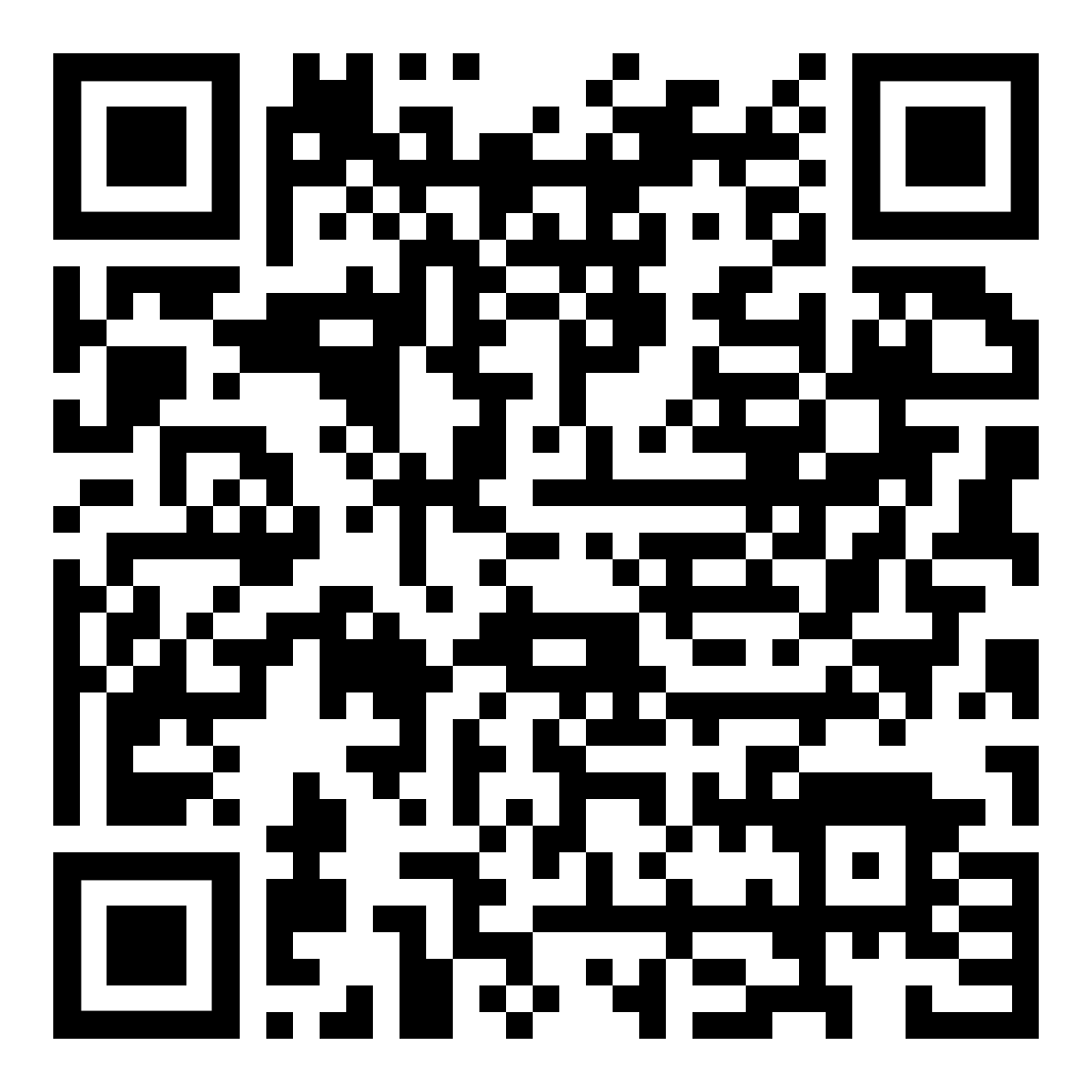Ketamine for Depression: What You Need to Know
Depression is one of the most prevalent mental health issues in the United States, affecting approximately 21 million adults each year, according to the National Institute of Mental Health (NIMH).
Research and clinical studies related to severe depression and bipolar disorder, often categorized under affective disorders, have shown promising results with intravenous ketamine treatment.
While traditional treatments such as therapy and antidepressants have been effective for many, a significant number of individuals experience treatment-resistant depression, meaning their symptoms persist despite trying two or more treatments. For those seeking relief, ketamine therapy has emerged as a promising alternative.
Recently gaining traction in Fort Myers, Florida, ketamine therapy offers hope for individuals battling severe depression. If you’ve been searching for solutions, this blog breaks down what ketamine is, how it works for depression, and what you should know before considering this treatment.
What Exactly Is Ketamine?
Ketamine is not new to the medical world. It was initially developed in the 1960s as an anesthetic used during surgeries and is still commonly used for this purpose. However, researchers have discovered its potential to treat depression over the last two decades, especially in cases where traditional methods have failed.
Ketamine is also used for treating chronic pain, emphasizing its potential benefits alongside conditions like depression and PTSD.
Unlike typical antidepressants that may take weeks to show results, ketamine can deliver rapid relief for some patients. This makes it particularly beneficial for those experiencing suicidal thoughts or severe, debilitating depressive symptoms.
How Does Ketamine Work for Treatment Resistant Depression?
The primary way ketamine alleviates depression symptoms in patients with major depressive disorder (MDD) is by affecting the brain’s glutamate system. Glutamate is a neurotransmitter involved in learning, memory, and brain adaptability (also known as neuroplasticity).
Ketamine helps promote the growth and strengthening of neural connections. It essentially “resets” certain pathways in the brain that may have been disrupted due to prolonged stress or trauma, which are often underlying factors in depression.
Researchers believe this process:
- Rebuilds damaged neural connections that impact mood regulation.
- Reduces overactive connections in areas like the default mode network, which is linked to negative thought patterns.
- Promotes a sense of calm and emotional regulation,
making it easier for patients to engage in therapy and life activities.
What sets ketamine apart from other antidepressants is that its effects can be felt within hours or days rather than the typical weeks required for conventional medications.
Benefits of Ketamine Treatment
Ketamine treatment has emerged as a beacon of hope for individuals grappling with treatment-resistant depression, severe depression, and other mental health conditions. Here are some of the key benefits that make ketamine therapy a compelling option:
- Rapid Antidepressant Effects: One of the most remarkable aspects of ketamine treatment is its ability to produce rapid antidepressant effects. Unlike traditional antidepressants that can take weeks to show results, ketamine can bring significant improvements within hours to days. This rapid relief is particularly crucial for those experiencing severe depression or acute suicidal thoughts.
- High Response Rates: Clinical trials have consistently demonstrated high response rates for ketamine treatment. Up to 70% of patients with treatment-resistant depression have reported significant improvements in their symptoms. This high efficacy rate offers a new avenue of hope for those who have not found relief with other treatments.
- Long-Term Efficacy: Beyond its immediate effects, ketamine treatment has shown long-term efficacy. Many patients experience sustained improvements in their symptoms for several weeks or even months after treatment. This extended relief can provide a much-needed respite and a window of opportunity to engage in other therapeutic activities.
- Low Risk of Side Effects: Ketamine treatment is generally well-tolerated, with a low risk of side effects. The most common side effects are mild and temporary, such as dizziness or nausea, which typically subside shortly after the treatment session. This safety profile makes ketamine a viable option for many individuals.
- Potential for Improved Cognitive Function: Emerging research suggests that ketamine treatment may also have the potential to improve cognitive function in individuals with depression and other mental health conditions. This cognitive boost can enhance overall quality of life and aid in the recovery process.
By offering rapid relief, high response rates, and long-term benefits with minimal side effects, ketamine treatment stands out as a promising option for those battling severe depression and other mental health conditions.
Is Ketamine Therapy Right for You?
If you’re living in Fort Myers and dealing with treatment-resistant depression, ketamine therapy might be an option to consider. It is particularly suitable for individuals who:
- Have tried multiple antidepressants with little to no improvement.
- Experience chronic depression that interferes with daily life.
- Struggle with acute suicidal thoughts or feelings.
- Want to complement their current treatment (such as therapy).
Despite its benefits, ketamine therapy may not be recommended for everyone. People with certain medical conditions, such as high blood pressure or a history of substance abuse, may not be ideal candidates. Always consult with a qualified medical professional before exploring this option.
The Process of Ketamine Therapy
Ketamine therapy is typically conducted in controlled medical settings, such as clinics that specialize in mental health or anesthesiology. Here is what you can expect:
1. Assessment and Consultation
Before starting treatment, you will undergo a thorough evaluation by a medical professional to assess your medical history, current mental health status, and previous treatments. This helps ensure ketamine is the right option for you.
2. Administration
There are two main ways ketamine is administered for depression:
- IV Infusion Therapy: Ketamine is delivered through a controlled intravenous drip over 40–60 minutes. This is the most common and effective method, often referred to as IV ketamine infusions.
- Nasal Spray (Esketamine): Approved by the FDA under the brand name Spravato, this method is a self-administered nasal spray taken under medical supervision.
A typical treatment course often involves a series of ketamine infusions administered in supervised clinical settings.
3. Monitoring
During the treatment session, you will be monitored by medical staff to ensure safety and comfort. Many patients describe feeling deeply relaxed, with some reporting mild dissociative effects. These effects usually subside shortly after the session.
4. Aftercare
Ketamine therapy works best when combined with ongoing mental health support, such as talk therapy (like CBT) or behavioral counseling. Many patients in Fort Myers have found that ketamine helps provide rapid relief, making it easier to focus on long-term therapeutic work.
Addresses Concerns and Risks
While ketamine shows great promise, it’s important to approach this treatment with a full understanding of potential risks:
Ketamine therapies are used in treating various psychiatric disorders such as depression, PTSD, and anxiety. The FDA has issued warnings regarding the use of compounded ketamine products for these conditions, stressing the importance of medically supervised treatment and the potential risks associated with misuse in the context of psychiatric disorders.
- Temporary Dissociation: During treatment, some patients may feel detached from reality. While these sensations are often short-lived, they can be uncomfortable for some.
- Cost: Ketamine therapy is not always covered by insurance, and sessions may range from $400 to $800 each.
- Dependency Risks: Although rare in controlled settings, ketamine has a history of being used recreationally, which could pose risks if mismanaged.
Open communication with a trusted Fort Myers clinic or healthcare provider can help mitigate these concerns and ensure a safe treatment plan.
Cost and Accessibility
While ketamine treatment offers significant benefits, cost and accessibility can be important considerations for many individuals. Here’s what you need to know:
- Cost: The cost of ketamine treatment can vary widely depending on the location, provider, and type of treatment. On average, a single ketamine infusion can range from $500 to $1,000. This can add up, especially if multiple sessions are required.
- Insurance Coverage: Insurance coverage for ketamine treatment can be hit or miss. Some insurance plans may cover the treatment, but this varies greatly depending on the specific plan and provider. It’s essential to check with your insurance company to understand your coverage options.
- Financing Options: To make ketamine treatment more accessible, some providers offer financing options or payment plans. These can help spread the cost over time, making it more manageable for patients who need multiple sessions.
- Accessibility: Ketamine treatment is becoming increasingly available in clinics and hospitals across the country. However, accessibility can still be limited, particularly in rural or underserved communities. If you’re in an area with limited access, it may be worth exploring telehealth options or traveling to a nearby city where treatment is available.
Navigating the cost and accessibility of ketamine treatment can be challenging, but understanding these factors can help you make an informed decision. With the growing availability of ketamine clinics and various financing options, more individuals are finding ways to access this promising treatment for their mental health needs.
Where to Find a Ketamine Clinic in Fort Myers, Florida
If you’re considering ketamine therapy, finding a reputable clinic is crucial. SW Florida TMS & Ketamine in the Fort Myers area specialize in ketamine treatments, offering experienced professionals and personalized care plans. We specialize in helping people with treatment for depression.
The Path Forward for Depression Treatment
For residents of Fort Myers grappling with depression, ketamine therapy represents a new chapter in mental health treatment. While it isn’t a cure-all, its ability to provide rapid and meaningful relief makes it a strong complement to traditional methods.
If you or someone you know is struggling to find effective solutions for depression, exploring ketamine—as part of a comprehensive treatment plan—could lead to a brighter, more hopeful future.
Take the Next Step with SW Florida TMS & Ketamine
At SW Florida TMS & Ketamine, we are here to help you fight the battle against depression and other mental health issues such as anxiety, OCD, PTSD, and more.
We use traditional modern methods to treat these health problems and will derive a treatment plan best suited to your condition. You can reach us at (239) 935-5599 or fill out our contact form to learn more about our treatment options. Don’t worry you are not alone!
MENTAL HEALTH SERVICES
BOOK A CONSULTATION
Knowing that you are not alone is of utmost importance. Seek assistance for depression today!
OUR SERVICE SUPPORTS MENTAL WELLNESS
- Depression
- Lack of Joy
- Sadness and Despair
- Low Mood
- Lethargy
- Insomnia
- Oversleeping
- Social Isolation
- Self-Harm
- Substance Abuse
- Suicidal Ideation
- Alcoholism









